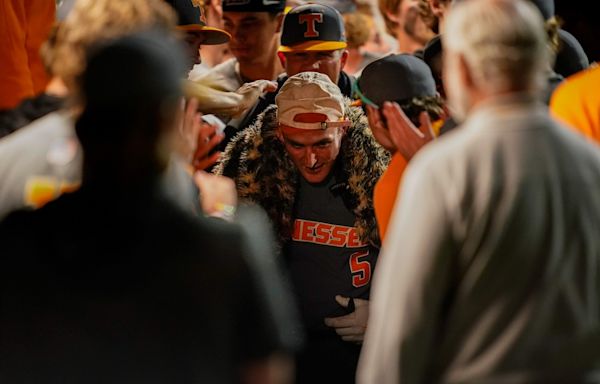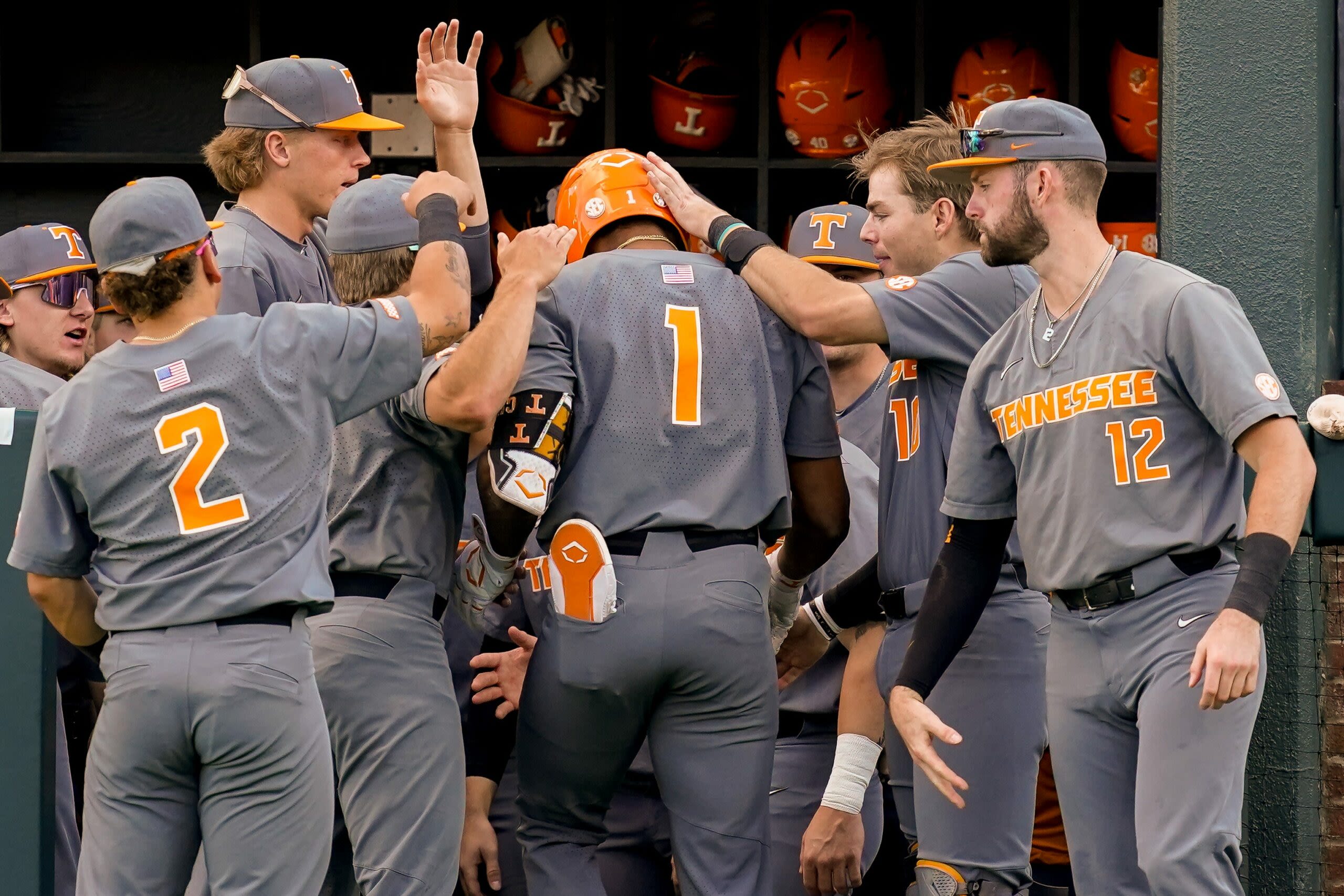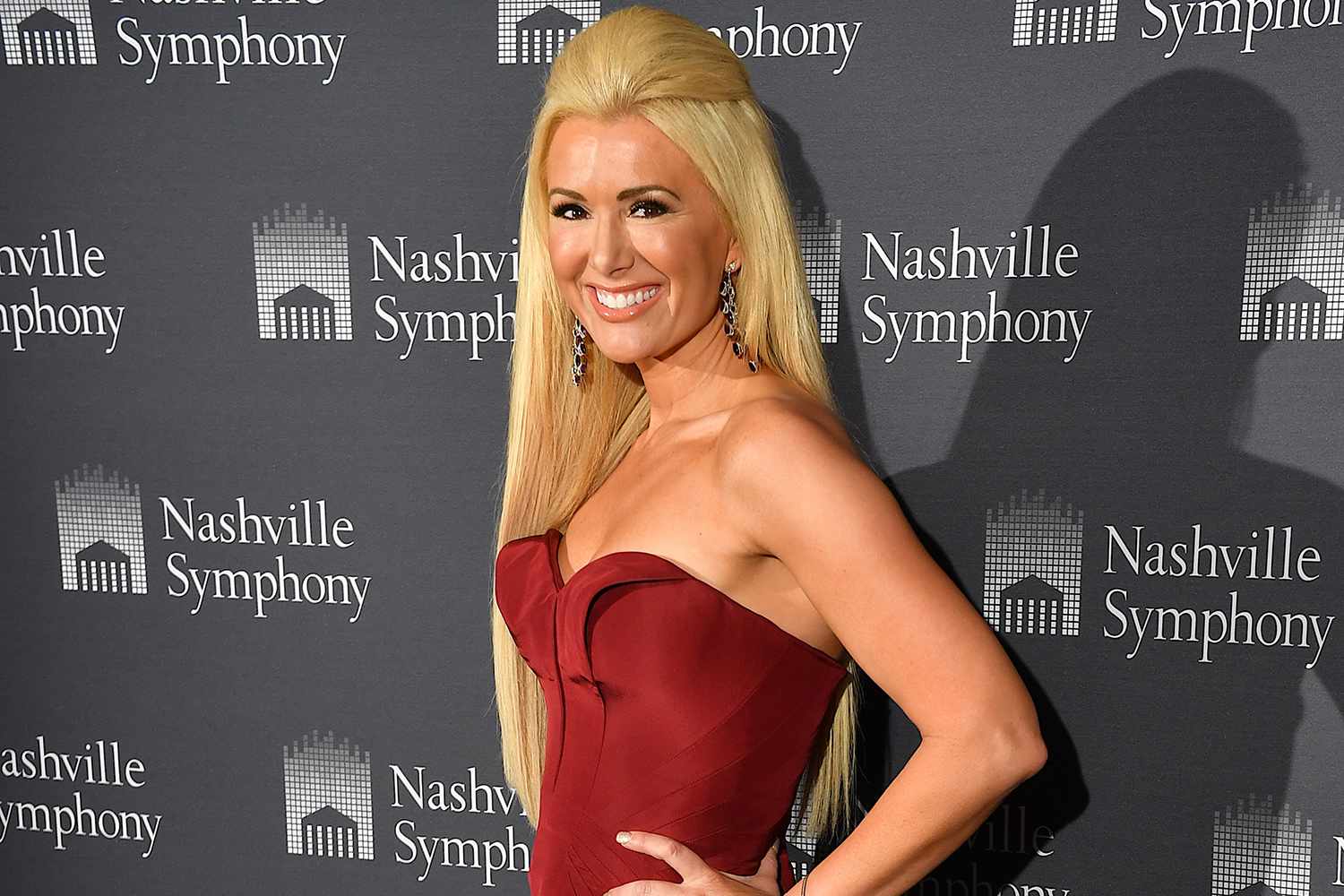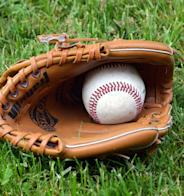Search results
News about Tennessee, Vanderbilt, pitching
News about Tennessee, deadly tornado, Carolinas
Also in the news
Events
- MAY11
 MusicBACKSTAGE NASHVILLE! DAYTIME HIT SONGWRITERS SHOW Feat. Wynn Varble , Jason Matthews , Jill Colucci & Catie Offerman3rd and Lindsley12:30 AMMAY11
MusicBACKSTAGE NASHVILLE! DAYTIME HIT SONGWRITERS SHOW Feat. Wynn Varble , Jason Matthews , Jill Colucci & Catie Offerman3rd and Lindsley12:30 AMMAY11 MiscellaneousPaint & SipHop Springs - Outdoors4:00 PM
MiscellaneousPaint & SipHop Springs - Outdoors4:00 PM - MAY11
 MusicIn the Round With Dan Wilson, Joseph Patton, Brett Sheroky & Andrew PeeblesThe Bluebird Cafe6:00 PMMAY11
MusicIn the Round With Dan Wilson, Joseph Patton, Brett Sheroky & Andrew PeeblesThe Bluebird Cafe6:00 PMMAY11 MusicThomas Csorba W/ Grayson JenkinsThe Basement7:00 PM
MusicThomas Csorba W/ Grayson JenkinsThe Basement7:00 PM - MAY11MiscellaneousBad Bunny BetMGM Dinner ReservationBridgestone Arena8:00 PMMAY12
 MiscellaneousWomen of Country 21+Grand Ole Opry House
MiscellaneousWomen of Country 21+Grand Ole Opry House
Mar 1, 2024 · Address: 2804 Opryland Drive. Entertainment and Nightlife, Sightseeing. TYPE. 2 hours to Half Day. TIME TO SPEND. Read More. U.S. News Insider Tip: Take the “Women of Country” tour to learn ...
- The Johnny Cash Museum
Uncover the enigma behind "The Man in Black" with a visit to...
- Belle Meade Plantation
Belle Meade Historic Site & Winery is ranked #16 out of 28...
- 1-Day Itinerary
They're the only concrete trusses to be known of in...
- Centennial Park
Encompassing the site of the 1897 Tennessee Centennial...
- When to Visit
The best time to visit Nashville is from April through...
- The Parthenon
Nashville is a city of many nicknames and most of them have...
- Music Row Reviews
Music Row is ranked #22 out of 28 things to do in Nashville....
- Ryman Auditorium
Located in the heart of downtown Nashville, the Ryman...
- Tootsie's Orchid Lounge
Tootsie's Orchid Lounge is ranked #6 out of 28 things to do...
- The Johnny Cash Museum
- Overview
- History
- The contemporary city
Nashville, city, capital (1843) of Tennessee, U.S., and seat (1784–1963) of Davidson county. Nashville lies on the Cumberland River in the north-central part of the state. It is the centre of an urbanized area that also embraces parts of seven surrounding counties. In 1963 the governments of the city of Nashville and of Davidson county were consoli...
The Nashville area was originally inhabited by peoples of the Mississippian culture; Cherokee, Chickasaw, and Shawnee later moved into the region. French fur traders established a post known as French Lick on the site in 1717. A force behind the area’s settlement was Richard Henderson, a North Carolina jurist who in 1775 acquired most of middle Tennessee and Kentucky in the Transylvania Purchase from the Cherokee. In 1779 he sent a party under James Robertson to investigate the Cumberland Valley. They settled at French Lick and were joined in the spring of 1780 by another group under John Donelson. Fort Nashborough, built at the site and named for American Revolutionary War general Francis Nash, became the centre of the new community. (A replica of the fort stands in a park along the Cumberland River.) Henderson is also credited with having written the Cumberland Compact, the articles of self-government adopted by the settlers. The community was renamed Nashville in 1784.
Britannica Quiz
U.S. State Capitals Quiz
Chartered as a city in 1806, Nashville developed as a river trade depot and manufacturing site for middle Tennessee and became the political centre of the state. Its commercial importance was further enhanced by the advent of the railroads in the 1850s. Nashville was occupied by Union troops in February 1862, and the last major American Civil War battle (December 15–16, 1864) took place outside the city, when Union forces under Gen. George H. Thomas defeated the Confederates under Gen. John B. Hood.
The modern economy is diversified. The music and entertainment industry is a primary factor, and services such as health care, finance and insurance, and education are major contributors. Manufacturing (including automobiles, automobile glass, trucks, tires, water heaters, aircraft parts, and appliances), printing and publishing (especially music and religious materials), and tourism are also important. The city’s central location, combined with an international airport, port facilities on the Cumberland, and rail and highway connections, make it a distribution and transportation centre. Agriculture in the region includes tobacco, livestock, dairy products, corn, and soybeans.
Nashville is known worldwide for country music, which is the basis of a large recording industry in the city. Much of that activity is clustered in an area of downtown called Music Row. The city has dozens of tourist attractions related to music, including the Country Music Hall of Fame and Museum and the Ryman Auditorium, a concert venue that was once the home of the Opry. Grand Ole Opry radio shows can be seen in person at the Opry House, which is part of a complex including a hotel and shopping venues located east of downtown. At the International Country Music Fan Fair, held annually in June, fans can hear, meet, and get autographs from their favourite musicians.
Exclusive academic rate for students! Save 67% on Britannica Premium.
Learn More
Nashville remains an educational as well as a religious centre, and several companies and denominations have publishing headquarters there, including the United Methodist Publishing House, one of the largest of its kind in the world. The city is the national headquarters of several boards and agencies of the United Methodist Church and the Sunday School Board of the Southern Baptist Convention. It is also the international headquarters of the Disciples of Christ Historical Society. Educational institutions affiliated with churches include Fisk University (1866; United Church of Christ), Belmont University (1890; Tennessee Southern Baptist Convention), Lipscomb University (1891; Churches of Christ), Trevecca Nazarene University (1901), and Aquinas College (1961; Roman Catholic). Nashville is also the seat of Vanderbilt University (1873), Meharry Medical College (1876), Tennessee State University (1912), and Nashville State Technical Institute (1970).
In Centennial Park is a full-scale replica of the Parthenon (an Athenian temple), built for the Tennessee Centennial Exposition of 1897 and containing a statue of Athena 42 feet (13 metres) tall. The State Capitol (1859) was designed along classical Greek lines by William Strickland; Pres. James K. Polk is buried in its grounds. Bicentennial Capitol Mall State Park, near the building, includes a black granite globe as a memorial to World War II. The Hermitage, the home and burial place of Pres. Andrew Jackson, is 12 miles (19 km) east of the city centre. Other historic sites include Belle Meade Plantation, with a mansion built in 1853 on one of the country’s first Thoroughbred horse farms, and Travellers Rest (1799), built by John Overton (a law partner of Jackson’s) and maintained as a museum. The city has a symphony orchestra, an opera company, a ballet troupe, and theatre organizations; there are also museums of history, art, and science. Nashville is home to the National Football League Titans and National Hockey League Predators. Nearby Old Hickory (northeast) and J. Percy Priest (east) lakes provide recreational opportunities. Radnor Lake State Natural Area (south) and Long Hunter State Park (east) are also near the city.
- The Editors of Encyclopaedia Britannica
Nashville events. There's always something going on in Nashville: from professional sports to art exhibits, awards shows and festivals - and all set to the soundtrack of live Nashville music. This town's all about having a good time, and we're doing it safely so we can keep the music playing. See What's Happening.
- Lydia Mansel
- Listen to live music at Robert’s Western World. If you can only fit in one stop along Nashville’s famed Honky Tonk Highway, make sure it’s Robert’s Western World.
- Have a meal at a meat-and-three. This Southern food concept is straightforward: Pick your meat and your three sides. “[Meat-and-threes] used to be pretty much the only food in Nashville, before it became the food Mecca it is today.
- Snap a photo in front of a mural. You’ve probably seen one of Nashville’s many murals on Instagram, but nothing compares to seeing them in real life. Get a picture with artist Kim Radford’s Dolly Parton in East Nashville, or line up in front of the black-and-white “Nashville Looks Good on You” mural in 12South.
- Get tickets for a show at The Bluebird Cafe. You never know who will stop by The Bluebird Cafe to play a few songs — Maren Morris, LeAnn Rimes, and Taylor Swift among them.
- Nashville Zoo. Kids of all ages can enjoy a field trip to the Nashville Zoo, which has grown leaps and bounds since taking over the Grassmere property in 1996.
- Cheekwood Estate & Gardens. Perhaps the most gorgeous 55 acres in the greater Nashville area, Cheekwood is a hit with locals and visitors year-round. From the Cheekwood Mansion art gallery to the estate’s 12 sprawling gardens to special exhibits from world-renowned artists, you could spend hours taking in all kinds of stunning visuals.
- Frist Art Museum. With exhibits that rotate every six to eight weeks, no visit to the Frist Art Museum is ever the same—but you’re always guaranteed to leave inspired.
- The Hermitage. The home of Andrew Jackson, located on the outskirts of town, is one of the most popular attractions in the state. Open as a museum since 1889, The Hermitage sits on more than 1,000 acres and comprises the seventh U.S. president’s stately mansion, its surrounding gardens and grounds, and the Jackson family tomb.
People also ask
Where is Nashville Tennessee located?
Is Nashville a country city?
Is Nashville A Country Music City?
When did Nashville become a city?
Parthenon. Nashville. Built in 1897 to celebrate the state of Tennessee's centenary, Nashville's Parthenon is a full-scale replica of the Ancient Greece original, with a jaw…. 02 / Planning Tools.
Nashville is the capital of the American state of Tennessee.With 716,000 residents in 2022, it is the state's largest city. Nashville is sometimes called the "Country Music Capital of the World" or more often "Music City, USA"; however, Nashville has done much to escape its country music image and become a regional center of culture and commerce.

















































